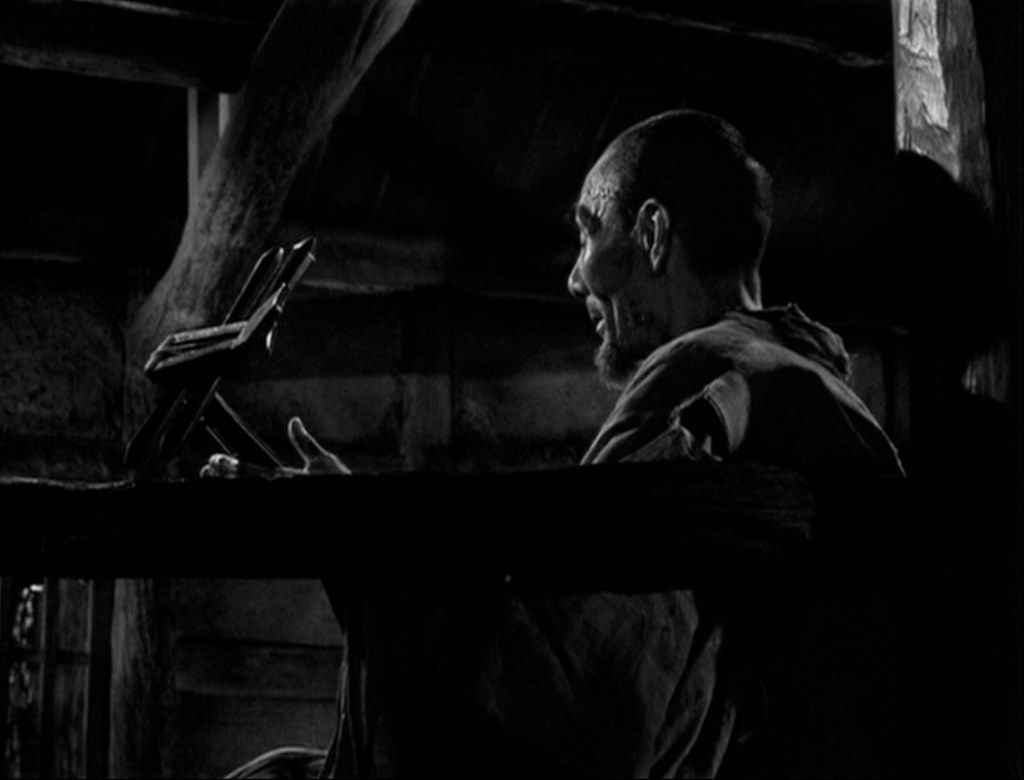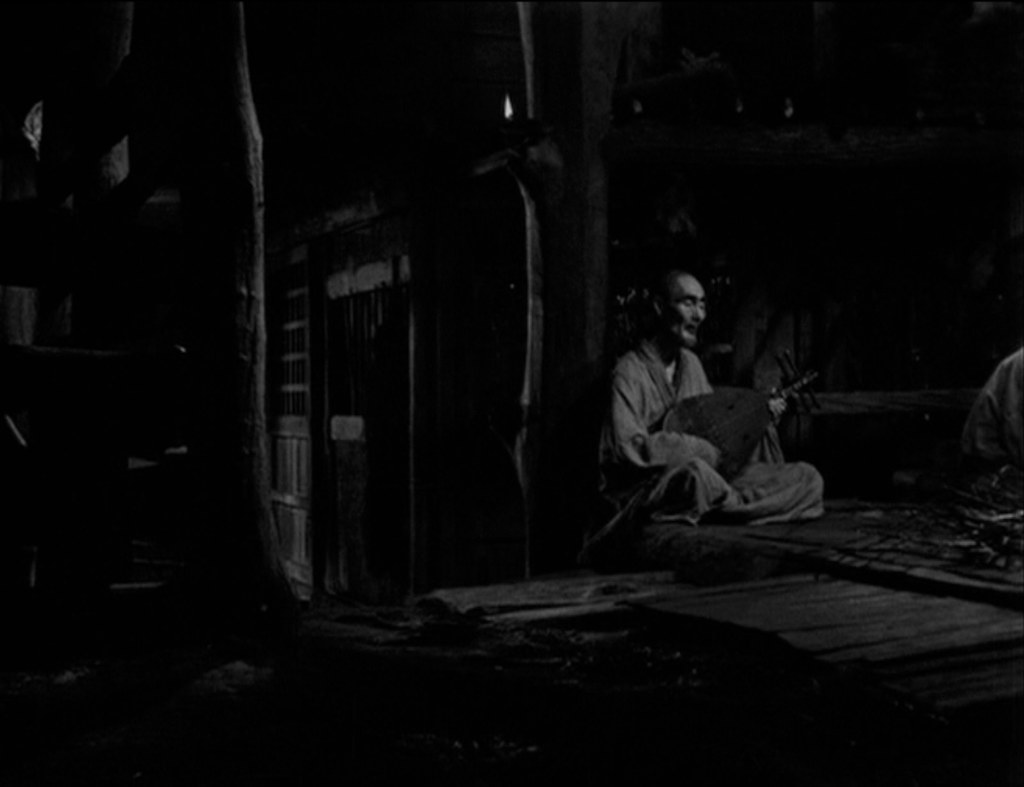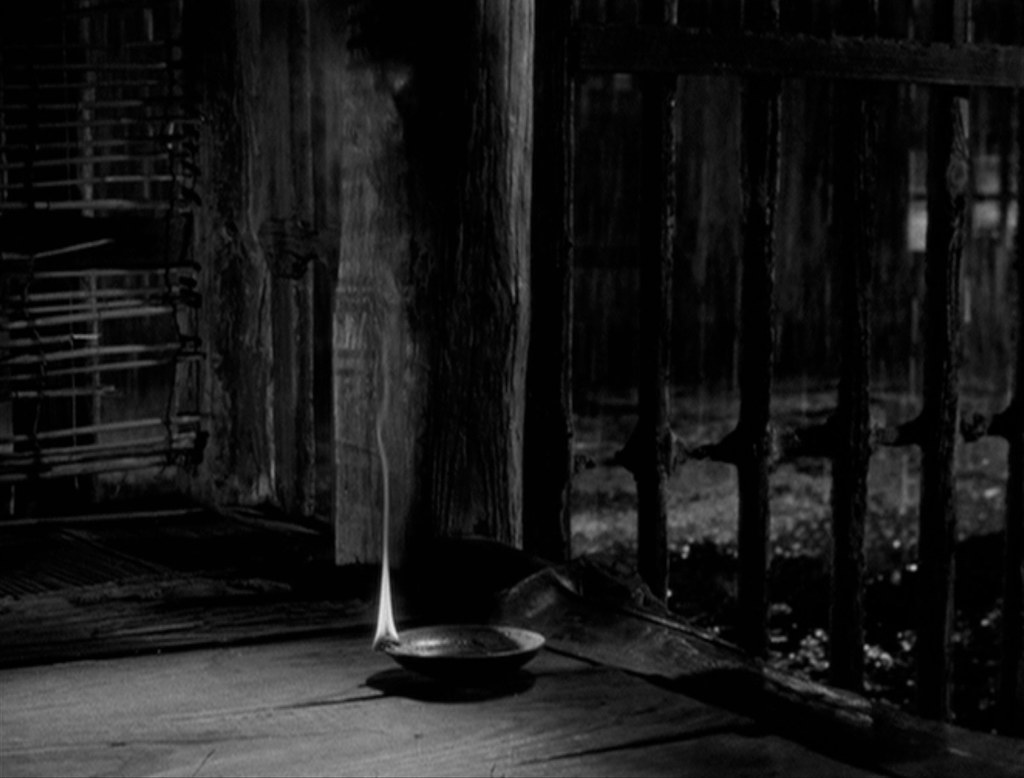Showing posts with label akira kurosawa. Show all posts
Showing posts with label akira kurosawa. Show all posts
Saturday, April 20, 2013
drowned by voices, somewhat rather slowly
dear readers,
now available :
a limited edition invisible birds release drowned by voices, somewhat rather slowly
a release of mr. arthur de eriomém's interpretation of kurosawa's old man in the rain from the seven samurai
this limited edition release is enclosed in an handmade sleeve, in an edition of 100, numbered with a tipped in plate. available as a cdr + download, or just download alone
this new download/cdr series is being made available in the hopes of raising funds for future releases of the invisible birds (specifically, the LP ingenting kollektiva 3!!!)
technical data :
new version of the 2011 drowned by voices, recomposed avril 15th 2013 with an analog delay and fender twin reverb
computer used for smooth editing
title inspired by david toop's sinister resonance
dead photo by chi yun
mastered by matthew swiezynski
next on the list : mr yannick dauby and his soft hares
Wednesday, April 13, 2011
they are lost in the gloom


rain, drone
sound effects editor - ichirô minawa
sound assistant - masanao uehara
sound recordist - fumio yanoguchi
music - fumio hayasaka
title from donald richie's the films of akira kurosawa
Thursday, November 25, 2010
johannes d'église
sound excerpt from my new film (the tree film)
playing in the city of angels (echo park) on december 16th.
masterful guitar playing by my comrade johannes d'église
(inspired by the old blind man in seven samurai)
playing in the city of angels (echo park) on december 16th.
masterful guitar playing by my comrade johannes d'église
(inspired by the old blind man in seven samurai)
tree film excerpt 1
tree film excerpt
Labels:
akira kurosawa,
drone,
guitar,
johannes d'église,
matthew swiezynski
Saturday, October 25, 2008
Sunday, March 16, 2008
robert bresson, andrei tarkovsky, very few means of expression

while doing roublev i forced myself to be very hard and very dry, tending towards a sort of olympic calm that, for me, is the major quality of the art of directing a film. so i might as well as tell you that i'm very fond of bresson. page 30
in paris, i have asked to meet bresson. we have nothing in common, but he's one of the best directors i know. i want to see him, to see his face, to see how he talks. i have no questions to ask him, he himself suffices for me... he uses very few means of expression, nobody ever has reached such a degree of asceticism. page 45
the film clips which i am showing represent what is closest to my heart. they are examples of a form of thought and how this thought is expressed through film. in bresson's mouchette the way in which the girl commits suicide is particularly striking. page 78
in fact i consider robert bresson the best filmmaker in the world. i have only the greatest respect for him. not counting that, i actually don't see many resemblances between us. he's able to cut down a shot in a way that i can't; it would be for me like killing a living being. page 182
from andrei tarkovsky: interviews, 2006
i now know two directors who worked with rigid self-imposed constraints to help them create a true form for the realisation of their idea; early dovzhenko (earth) and bresson (diary of a country priest). but bresson is perhaps the only man in the cinema to have achieved the perfect fusion of the finished work with a concept theoretically formulated beforehand. i know of no other artist as consistent as he is in this respect. his guiding principle was the elimination of what is known as 'expressiveness', in the sense that he wanted to do away with the frontier between the image and actual life; that is, to render life itself graphic and expressive. no special feeding in of material, nothing laboured, nothing that smacks of deliberate generalisation. paul valéry could have been thinking of bresson when he wrote: 'perfection is achieved only by avoiding everything that might make for conscious exaggeration.' apparently no more than modest, simple observation of life. pages 94-95
you will always recognize the editing of bergman, bresson, kurosawa or antonioni; none of them could ever be confused with anyone else, because each one's perception of time, as expressed in the rhythm of his films, is always the same. page 121
from andrei tarkovsky: sculpting in time, 1986
Monday, February 11, 2008
Wednesday, May 23, 2007
killing in tarkovsky & kurosawa
similarities between andrei tarkovsky's
andrei rublev, 1966
& akira kurosawa's seven samurai 1954







rublev's assistant is shot in the back by an arrow and struggles toward the camera, then dies in the water. all in slow motion. notice water hitting the lense.











two classic death scenes in seven samurai. first, a thief is killed by takashi shimura, and dies in slow motion.
second, the finale in the rain when the master swordsman is shot down and expires in the mud (being one of the most emotional parts of the film).
the reason for this post came from watching andrei rublev last week and reacting to some scenes of violence, and recognizing one scene in particular (the boy being shot in the back) as a direct reference to some scenes in seven samurai. this coincided with reading the new tarkovsky interview book where he talks about seven samurai and the influence of other film-makers on his work.
here are some quotes from andrei tarkovsky interviews regarding seven samurai and "reciprocal activity" in film-making:
"in seven samurai, in the sequence in which the youngest member of the group is afraid, we see how kurosawa transmits this sense of fear. the boy is trembling in the grass, but we don't see him trembling, we see the grass and flowers trembling. we see a battle in the rain ans when the character played by toshiro mifune dies we see him fall and his legs become covered with mud. he dies before everyones eyes." page 78
"the problem of influence, influx, or reciprocal activity is complex. cinema doesn't exist in a vacuum-one has colleagues and so influences are inevitable. so what is influence or influx? the artist's choice of the environment in which he works, the people with whom he works, it is like his choice of a dish at a restaurant. as for the influence of kurosawa, mizoguchi, bresson bunuel, bergman, and antonioni on my work, it is not influence in the sense of 'imitation'-from my point of view this would be impossible since imitation has nothing to do with the aims of cinema. one has to find one's own language through which to express oneself. to me influx means being in the company of people whom i admire and esteem." page 76
both quotes from interview book.
"tarkovsky told me that he always sees seven samurai before shooting his new films. this is to say that I always see his andrei rublov before shooting."
akira kurosawa from his book a dream is a genius

andrei tarkovsky's top 10 films:
1. diary of a country priest (d. robert bresson)
2. winter light (d. ingmar bergman)
3. nazarin (d. luis buñuel)
4. wild strawberries (d. ingmar bergman)
5. city lights (d. charlie chaplin)
6. ugetsu monogatari (d. kenji mizoguchi)
7. seven samurai (d. akira kurosawa)
8. persona (d. ingmar bergman)
9. mouchette (d. robert bresson)
10. woman of the dunes (d. hiroshi teshigahara)
appeared in sight and sound, march 1993, volume 3, issue 3.
here are some good links: *, *, *, *
andrei rublev, 1966
& akira kurosawa's seven samurai 1954
rublev's assistant is shot in the back by an arrow and struggles toward the camera, then dies in the water. all in slow motion. notice water hitting the lense.
two classic death scenes in seven samurai. first, a thief is killed by takashi shimura, and dies in slow motion.
second, the finale in the rain when the master swordsman is shot down and expires in the mud (being one of the most emotional parts of the film).
the reason for this post came from watching andrei rublev last week and reacting to some scenes of violence, and recognizing one scene in particular (the boy being shot in the back) as a direct reference to some scenes in seven samurai. this coincided with reading the new tarkovsky interview book where he talks about seven samurai and the influence of other film-makers on his work.
here are some quotes from andrei tarkovsky interviews regarding seven samurai and "reciprocal activity" in film-making:
"in seven samurai, in the sequence in which the youngest member of the group is afraid, we see how kurosawa transmits this sense of fear. the boy is trembling in the grass, but we don't see him trembling, we see the grass and flowers trembling. we see a battle in the rain ans when the character played by toshiro mifune dies we see him fall and his legs become covered with mud. he dies before everyones eyes." page 78
"the problem of influence, influx, or reciprocal activity is complex. cinema doesn't exist in a vacuum-one has colleagues and so influences are inevitable. so what is influence or influx? the artist's choice of the environment in which he works, the people with whom he works, it is like his choice of a dish at a restaurant. as for the influence of kurosawa, mizoguchi, bresson bunuel, bergman, and antonioni on my work, it is not influence in the sense of 'imitation'-from my point of view this would be impossible since imitation has nothing to do with the aims of cinema. one has to find one's own language through which to express oneself. to me influx means being in the company of people whom i admire and esteem." page 76
both quotes from interview book.
"tarkovsky told me that he always sees seven samurai before shooting his new films. this is to say that I always see his andrei rublov before shooting."
akira kurosawa from his book a dream is a genius
andrei tarkovsky's top 10 films:
1. diary of a country priest (d. robert bresson)
2. winter light (d. ingmar bergman)
3. nazarin (d. luis buñuel)
4. wild strawberries (d. ingmar bergman)
5. city lights (d. charlie chaplin)
6. ugetsu monogatari (d. kenji mizoguchi)
7. seven samurai (d. akira kurosawa)
8. persona (d. ingmar bergman)
9. mouchette (d. robert bresson)
10. woman of the dunes (d. hiroshi teshigahara)
appeared in sight and sound, march 1993, volume 3, issue 3.
here are some good links: *, *, *, *
Labels:
akira kurosawa,
andrei tarkovsky,
film,
filmmaker's writings,
rain,
water
Subscribe to:
Posts (Atom)

